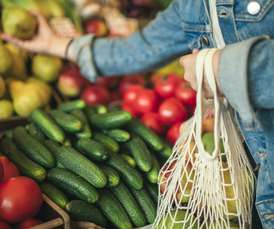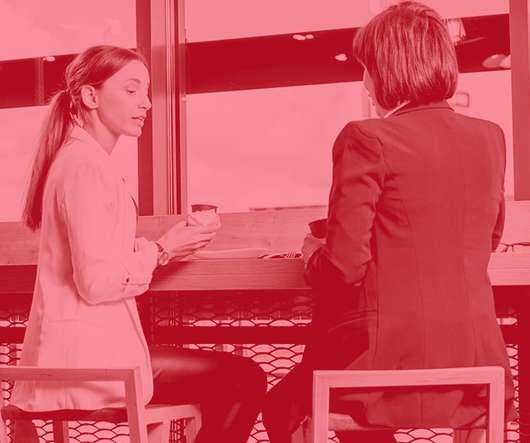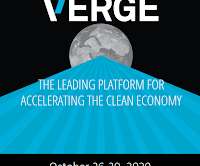Price and provenance: Does the UK have an appetite for eco-labels on food?
Business Green
NOVEMBER 18, 2021
According to the recent National Food Strategy , the independent review commissioned by the government, UK meat consumption needs to fall by another 30 per cent by 2032, against 2019 levels, in order to help deliver a net zero emission economy. Meanwhile, businesses are themselves grappling how to drive sustainable behaviour change.














Let's personalize your content